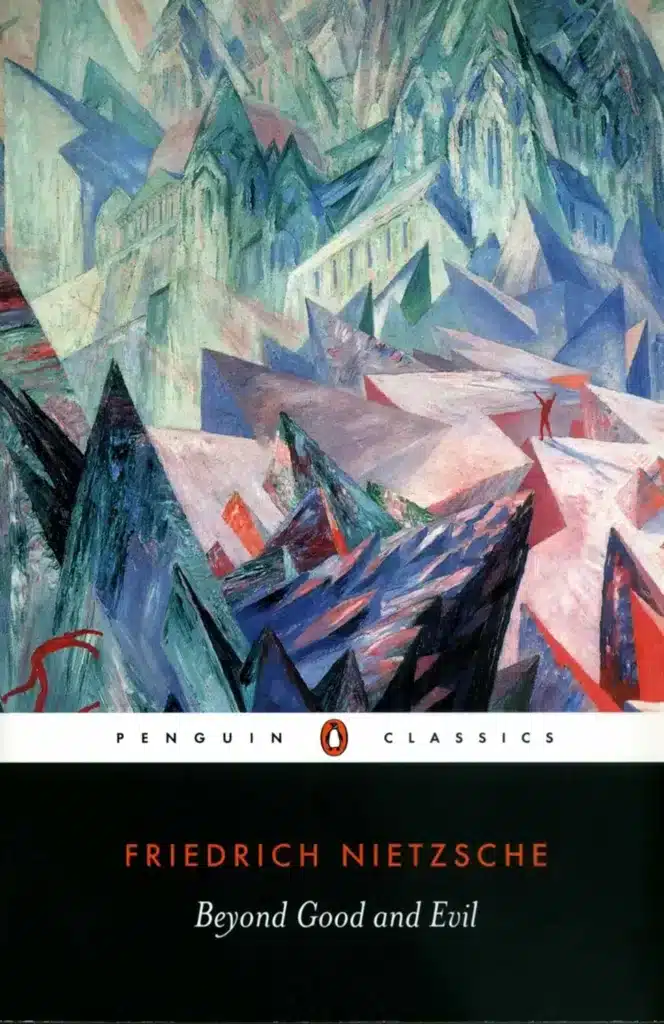I was a thief, a murderer,
I stole souls, sold people,
I broke hearts girded with bonds,
I created God and placed him, cold,
Among the rotten timbers of a crossroads
Of evil beings.
I have been what man sees
In the thinning of dead pupils,
In the night that waits for no dawn,
In the fasting that makes people enjoy,
And there, alone, sidelined,
With a few dimes, I saw myself,
Dirty, old, bent,
In a mirror portrayed by a madman,
Intoxicated and revolted by the worst of wines.
I was a thief, a murderer,
Because I killed myself,
With the rage of the impure Word
And I then searched for culprits among the crowds,
As a madman seeking evils
In the doctors and in those who try to tame him
Splitting his brain in two.
I was a thief, a murderer.
This is my viaticum,
Take and enjoy them all.
From now on,
only souls
Will be faithful companions
Of your own,
disembodied dreams.
Deposited for legal protection with Patamu: certificate
Video
Considerations on the overcoming of morality in Nietzsche
Nietzsche (1844 – 1900) delved into morality and its implications for human behavior and society. He famously argued that traditional morality, emphasizing good and evil, hinders individual growth and authentic self-expression. Nietzsche believed morality, particularly Christian morality, suppresses human potential by imposing strict guidelines and values limiting individual freedom and creativity.
According to Nietzsche, the need to overcome morality stems from its restrictive nature, which prevents individuals from reaching their full potential. By breaking free from conventional moral constraints, embracing a more authentic and fulfilling existence is possible.

Nietzsche proposed the concept of“beyond good and evil,” suggesting that true liberation comes from transcending traditional moral values and embracing a more fluid and dynamic understanding of ethics.
In essence, Nietzsche’s critique of morality highlights the importance of questioning and challenging established norms to unlock new possibilities for personal growth and self-realization. Embracing a mindset beyond conventional notions of right and wrong allows individuals to freely explore their values and beliefs, leading to a more meaningful and profound life experience.
If you like this poem, you can always donate to support my activity! One coffee is enough!


